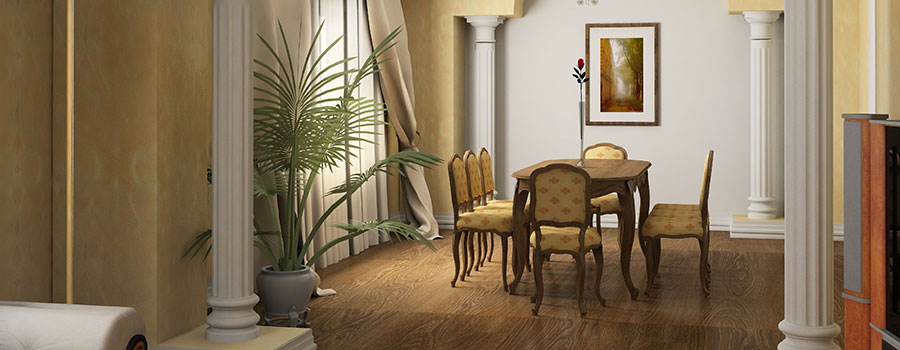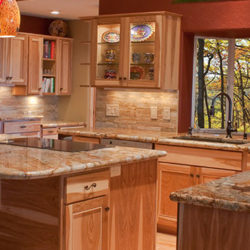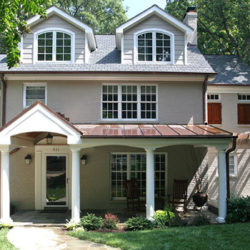Are you looking to remodel your house? Home remodeling architects report that many homeowners make plenty of mistakes that turn their projects into money pits. Do you want to be one of these homeowners? To dodge the magazine of bullets, here are some of the common home renovating traps you should avoid:
Failing to do enough research
When you are excited about giving your house a new look, it’s easy to go straight to the renovation stages, but you should try as much as possible to fight this.
The right thing to do is to take your time and thoroughly inspect the house. During the inspection, you will identify hidden dangers, structural botches, and other house defects that might be a surprise when you start the renovation work.
If you are buying a new house, be ultra-cautious and work with a certified professional who will help you identify even the most minute issues that might be there.
As a rule of thumb, stay away from a house requiring expensive structural work, as you will spend more money than you should.
When buying a house for renovation, take your time and find a house that simply needs a decorative makeover and a little updating of the kitchen and bathrooms. Not a complete overhaul.
Underestimating the cost of renovations
Most homeowners underestimate the cost of renovating their homes, which results in their projects stalling and leads to unnecessary stress.
The right thing to do is always to take time to understand your project and all the costs involved fully.
Consult an experienced builder who will visit your home and help you approximate a ballpark price for the project. You should note that the budget isn’t set in stone, so always have an extra amount set aside for emergencies. Experts recommend you set aside at least 20% of your budget.
Replacing instead of repairing
When your property is old, it’s easy to want to replace everything. As much as this will give the property a new, exciting look, it will be expensive.
To save money, consider repairing instead of replacing. For example, overhaul the doors and windows instead of installing new doors.
Using extremely cheap materials
As much as you want to save as much money as possible, you shouldn’t be too cheap. Cheap is always nasty expensive in the long run, so it’s wise to avoid materials that are too cheap.
While you should avoid cheap materials, it doesn’t mean you should buy only expensive items, as expensive doesn’t always translate to quality.
There are plenty of moderately priced, but quality items in the market, and these are the ones you should go for.
To avoid buying the wrong materials, don’t buy online. Remember that it’s hard to tell the quality of the product (even if it has plenty of raving reviews) from online pictures—you need to see the materials in person.
You should be cautious of where you buy your materials from. As a rule of thumb, avoid buying from high-end stores as they are often too expensive.
Overcapitalizing your renovation
Overcapitalizing your renovation involves adding high-end finishes to your low-value property. As much as you want to make your property premium, you will be burning money, especially if you are looking to sell the house down the road.
To stay on the safe side and avoid wasting a lot of money, don’t try to install high-end finishes in a cheap property. For example, don’t install a pool in a cheap house.
If you aren’t sure about the right addition to include in your project, consult an experienced home addition builder Washington DC to help you out.



